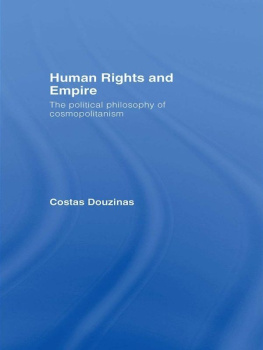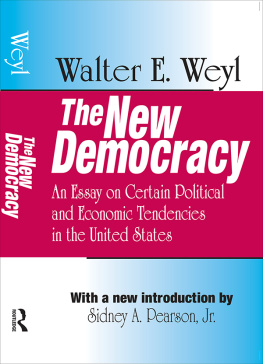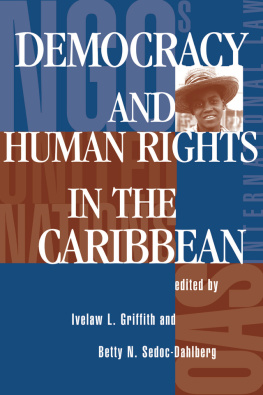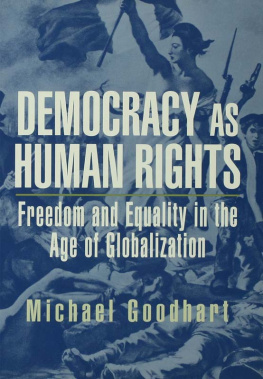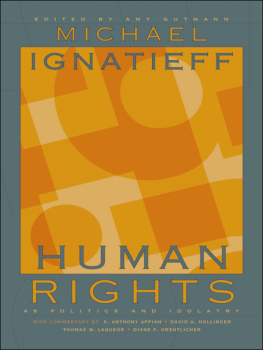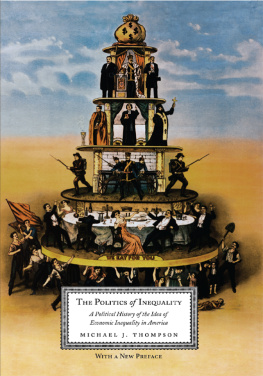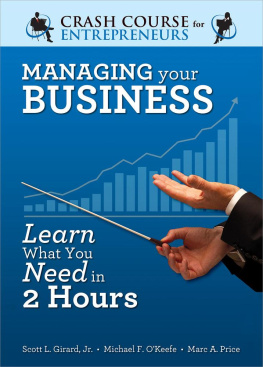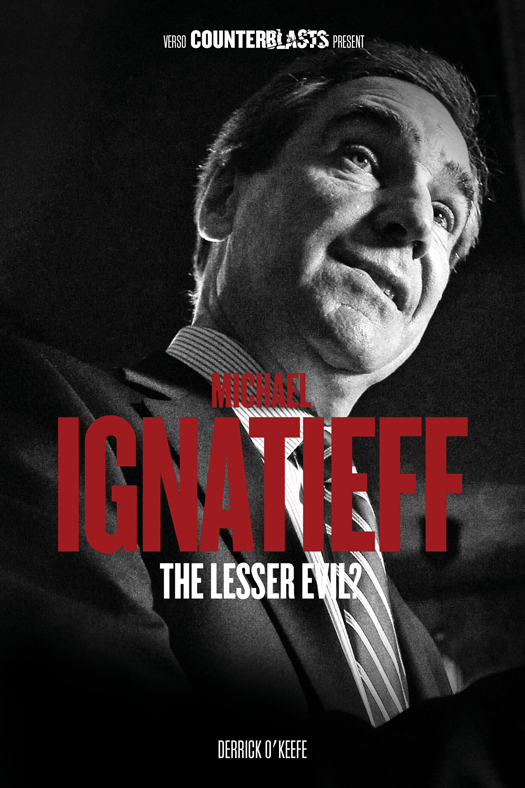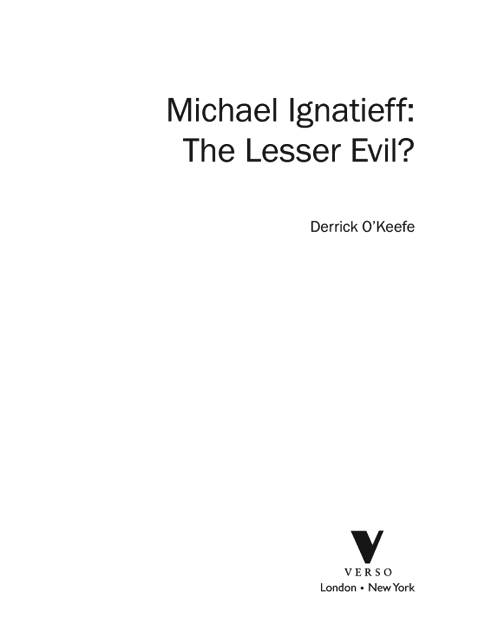DERRICK OKEEFE is a Canadian writer, editor and social justice activist based in Vancouver. He is an advisory board member and former editor-in-chief of rabble.ca, a popular website featuring progressive news and analysis. He coauthored Malalai Joyas A Woman Among Warlords: The Extraordinary Story of an Afghan Who Dared to Raise Her Voice.
First published by Verso 2011
Derrick OKeefe 2011
All rights reserved
The moral rights of the author have been asserted
Verso
UK: 6 Meard Street, London W1F 0EG
US: 20 Jay Street, Suite 1010, Brooklyn, NY 11201
www.versobooks.com
Verso is the imprint of New Left Books
ISBN-13: 978-1-84467-615-6
eISBN (US): 978-1-84467-841-9
eISBN (UK): 978-1-78168-951-6
British Library Cataloguing in Publication Data
A catalogue record for this book is available from the British Library
Library of Congress Cataloging-in-Publication Data
A catalog record for this book is available from the Library of Congress
v3.1
COUNTERBLASTS is a series of short, polemical titles that aims to revive a tradition inaugurated by Puritan and Leveller pamphleteers in the seventeenth century, when, in the words of one of their number, Gerard Winstanley, the old world was running up like parchment in the fire. From 1640 to 1663, a leading bookseller and publisher, George Thomason, recorded that his collection alone contained over twenty thousand pamphlets. Such polemics reappeared both before and during the French, Russian, Chinese and Cuban revolutions of the last century.
In a period where politicians, media barons and their ideological hirelings rarely challenge the basis of existing society, it is time to revive the tradition. Versos Counterblasts will challenge the apologists of Empire and Capital.
PREFACE
In 1993in the midst of one of many self-styled re-inventions, this time as a war reporterMichael Ignatieff drove from Zagreb to Belgrade, filming an episode of his BBC documentary series on nationalism, Blood and Belonging.
This particular hour-long installment examines the disintegration of Yugoslavia in the wake of the war between the Serbian-controlled central government and the breakaway Croatian republic.
Ignatieff, then at the peak of his renown as a media personality in Britain, narrated the program, alternating cool analytical detachment and bald condescension. At one point, he casually tosses off a line about the grim second-rate-ness of Balkan life. But its more than the occasional tone of superiority that irks.
A sophisticated cosmopolitan in uniformblack leather jacket, sunglasses, driving a black convertibleIgnatieff introduces the episode over coffee at an outdoor caf in the capital of the new Croatia. He then sets off on the road to Belgrade along the Highway of Brotherhood and Unity, as it was known when it formed the spine of Titos Yugoslavia. Ignatieff faces no harrowing close calls along the now mostly deserted road, just some encounters with the beleaguered and bitter survivors of the 1991 war.
His first stop is a Serbian enclave, guarded by Jordanian UN troops. After a visit to the remnants of the museum dedicated to the victims who died at the World War II era Ustache concentration camp, he visits a Serbian village leveled to the ground in the more recent carnage. Here, he meets an elderly Serb couple, in their 80s, living like paupers in one of the few structures left standing, a dilapidated shed. The couple show Ignatieff their few earthly possessions, and share their stories of woe and steadfastness. We learn that the husband is a survivor of two ethnic cleansings, having escaped the Ustache death camp as a young man. We, the viewers, never learn the couples names. We never learn about how they feed themselves or how they survive, or whether there are others like them in the vicinity.
Driving eastward along what he derisively calls the Serbo-Croatian Road to Nowhere, Ignatieff soon hits the frontier Croatian town of Osijek. Here, the cameras follow him on a day of riding around town in a van driven by one Branimir Glavas: A respectable politician, who just happens to run his own private militia. Hes a warlord, which makes him a popular man in a frontier town, intones Ignatieff.
In one shot, we watch as Glavas glad hands with the locals through his open, drivers side window. The camera then pans back to Ignatieff, who, from his spot in the backseat, leans forward like a child excited about talking to the grown-ups in front before gushing: Everybody seems to know you here, its unbelievable.
With Ignatieff by his side, Glavas is feted everywhere he goes. At one stop he is even serenaded by a couple of zealous young supporters, Branimir, the flower of Slavonia / The whole of Osijek is with you. Later, Ignatieff accompanies Glavas to the frontlinethe demarcation resulting from the 1991 warwhere earnest, middle-aged Croats testify to their determination to fight for their homeland. We dont learn many specifics about this local strongman, or about the fighting in 1991, though we are told that Glavas opposed all conciliation with the Serbs, forming his militia before the formal declaration of Croatian independence.
By May, 2009, both of the men wed followed along their joyride through the new Croatia had undergone monumental re-branding. Ignatieff had been through two significant transformations of public personae: first shedding the skin of the war reporter to become an academic human rights sage enamored with the exercise of American military might, then trading in the Stars and Stripes for the much humbler maple leaf, returning to his native Canada to lead the opposition Liberal Party.
For his part, Branimir Glavas went from being a respectable politician and the flower of Slavonia to something much less flowery, having been found guilty of war crimes by a Croatian court for the torture and murder of Serb civilians in Osijek. Sentenced to several years in jail, he fled to Bosnia and Herzegovina, where he was re-arrested. He managed to avoid extradition to Croatia, but is now serving an eight-year sentence for war crimes.
The captured, tried, and punished Glavas is a rare case among the lords of war who have shared Ignatieffs company or who have benefited from his intellectual efforts over the past couple of decades. Ignatieff was one of the most influential liberal proponents of the 2003 invasion of Iraq. For George W. Bush, Donald Rumsfeld, Dick Cheney, Tony Blair, and the rest of those whose war crimes Ignatieff provided with intellectual justification and political support, impunity remains the normso far not one has been prosecuted. International law, such as it is, remains something applied to the weak and the defeated; the vast majority of those responsible for the most egregious war crimes remain free to publish memoirs and roam the elite lecture circuits.
No doubt that nameless old Serb couple squatting amidst the ruins of war have both now departed this world. The victims of war who die of old age are, comparatively at least, the lucky onesnotwithstanding the heartrending stanza from Canadian Al Purdys poem Small Wars: there are battles / in which the dead men look so peaceful / and the living so maimed by death / you would think they were the corpses / and found their way home. The body counts (which the US, in its glorious exceptionalism, boasts that it doesnt engage in) of the wars of the past two decades are staggering.


